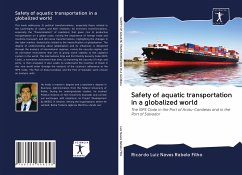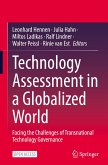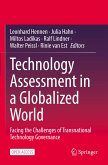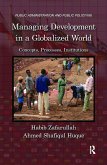This book addresses (I) political transformations, especially those related to the sovereignty of states and their relations; (II) economic transformations, especially the "financialization" of capitalism that gives rise to productive reorganization on a global scale, raising the importance of foreign trade and maritime transport; and (III) social transformations, highlighting the changes in the labor market, dialectically related to the intensification of globalization. The degree of understanding about globalization and its influences is deepened through the analysis of international regimes, mainly the security regime, and its normative instruments that aim at giving some stability to the capitalist system in the world. The International Ship and Port Facility Security Code (ISPS Code), a normative instrument that aims at improving the security of ships and ports, is then analyzed. It also seeks to understand the insertion of Brazil in this new world order through the analysisof the country's adherence to the ISPS Code. The Port of Aratu-Candeias and the Port of Salvador were chosen as analysis units.
Bitte wählen Sie Ihr Anliegen aus.
Rechnungen
Retourenschein anfordern
Bestellstatus
Storno








